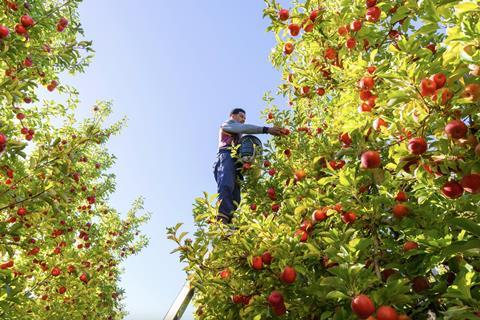Independent data reveals New Zealand products often outperform European equivalents on emissions, even after accounting for transportation, thanks to pasture-based farming and innovative sustainability practices

New Zealand Trade & Enterprise (NZTE) has launched its first cross-category sustainability report tailored to UK food and drink buyers.
The report is designed to offer “robust data and proven examples” of how New Zealand producers are equipped to help UK retailers meet both their environmental and supply chain resilience goals.
The report, from the government’s international growth agency, draws on independently verified life cycle assessments and industry data, across multiple categories, to show that, even when including transport to the UK, many New Zealand products outperform European equivalents on total emissions.
This is largely due to the country’s pasture-based farming, year-round outdoor production, and cutting-edge sustainability practices, the report stated.
Included in the findings is the fact that between 2009-2019, apple production rose by 25 per cent while emissions fell by 13 per cent.
Meanwhile, Zespri has seen a 69 per cent growth in production of kiwifruit with a 24 per cent reduction in emissions over the past decade.
Aimed at empowering buyers and ESG leaders, the report, ’Why New Zealand Food & Drink Belongs on Your Shelves’, looks both at fulfilment – given New Zealand’s complementary growing season and access to high quality produce – while balancing the country’s sustainability credentials.
It is designed to offer a solution to many of today’s supply chain challenges.
“The UK-New Zealand Free Trade Agreement has laid the groundwork for a new era of sustainable, high-integrity trade,” said Carole Tredrea, acting New Zealand trade commissioner to the UK and Ireland.
“This report offers UK leaders a proven pathway to meet the growing sustainability expectations, with a partner that brings measurable impact, shared values, and a decades-long track record of delivering sustainably.”
The report is published two years after the signing of the Free Trade Agreement between the two countries, which has so far benefitted both nations, with two-way trade, growing 25 per cent in two years.



